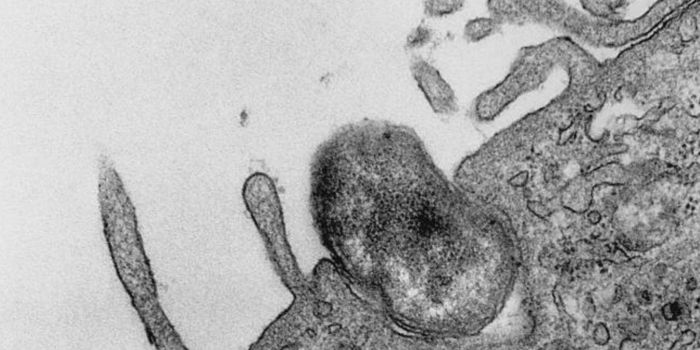'Junk' Gene Implicated in Cancer's Growth
One of the biggest surprise findings from the completion of the Human Genome Project was that only 1.5 percent of our genome encodes for all of the protein-coding genes. The rest of our genome has been unfairly described as “junk” DNA.
But amidst this so-called genomic junk, scientists are finding sequences that modulate cellular processes and affect health and disease. Case in point, researchers from the University of Michigan recently discovered a ‘junk’ gene that has a “direct impact” on cancer development.
The research team began by combing the cell’s transcriptome – that is, the single-stranded RNA portion of the genetic code that’s been transcribed from DNA. Several types of RNAs make up the transcriptome. Among these is a particular molecule class known as long non-coding RNAs (lncRNAs). These transcripts are greater than 200 nucleotides but do not code for any proteins.
When the team dug further, they discovered a lncRNA that stood out from the rest. Called Testis-associated Highly-conserved Oncogenic long non-coding RNA, or THOR, this lncRNA is found in humans, mice and zebrafish. That this seemingly non-coding, “junk” gene has been evolutionarily conserved in three separate species is remarkable, and suggests there’s a biological importance associated with this lncRNA.
The team also found it curious that THOR was highly expressed in the testes and nowhere else in normal adult tissue. Yet, when they analyzed cancer tissues, particularly melanoma and lung cancer, THOR showed up in abundance.
Collectively, these lines of evidence suggest THOR is involved in cancer development in some way. Indeed, when the team modified cells to have THOR silenced, tumor growth was reduced. By contrast, when THOR is overexpressed, tumor growth was accelerated.
"If we perturb THOR function," said Dr. Arul Chinnaiyan, the study’s senior author, "we disturb the ability to stabilize RNA. This inhibits cell proliferation."
Furthermore, the effects of these alterations were not seen in normal cells, suggesting THOR may be limited to cancer cells. This would present a unique opportunity for therapy since blocking THOR would not seem to harm healthy cells.
The discovery not only helps to reinstate the importance of non-coding genomic sequences, but also has large implications for the clinical diagnosis and treatment of cancers.
Additional sources: MNT









